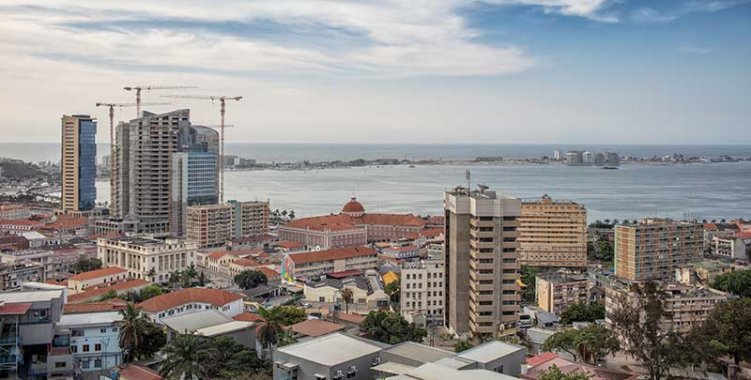According to the report released this Monday in New York on the Economic Outlook, after a year marked by negative growth in all Portuguese-speaking African countries, the recovery will be led by Sao Tome and Principe, which should register a growth rate of 4.7 percent this year.
The report on the economic and world outlook draws attention to the uncertainty surrounding these forecasts, subject to a greater degree than normal due to the possibility that new containment measures will have to be taken to prevent the spread of the covid-19 pandemic, which has had a very negative effect on the continent.
"The African continent has been through an unprecedented economic crisis with major adverse impacts on the continent's long-term development," the report says, which estimates that last year economic growth in Africa declined by 3.4 percent and this year is expected to advance 3.4 percent on average.
After five years of negative economic growth, Angola should come out of recession this year, growing 1.2 percent, an estimate significantly above the government's forecast, which anticipates a recession, and the International Monetary Fund's forecast, which recently revised downwards the forecast for economic expansion of 0.4 percent of GDP in 2021.
Cape Verde, the Portuguese-speaking country with the biggest drop in 2020, followed by Equatorial Guinea with 8 per cent, is also expected to recover this year, albeit to a lower than average of around 5 per cent in recent years.
UNDESA expects the archipelago to grow by 3.4 percent this year, provided world tourism recovers and the pandemic is brought under control in the short term, allowing for a slowdown in measures to combat the evolution of the virus.
In the document, UN experts point out that the countries exporting raw materials and those dependent on tourism flows have been particularly affected, which explains the strong downturns in economic activity registered in the lusophones in these categories, such as Angola and Equatorial Guinea, on the one hand, and Cape Verde and Sao Tome and Principe, on the other.
The report also warns that the crisis aggravated by the pandemic, which has already killed more than 85,000 people and infected more than three million people on the continent, "is causing an increase in unemployment, poverty and inequality, which threatens to wipe out the gains in development in recent decades," UNDESA laments, warning that financing conditions have become more difficult and levels of public debt are placing African countries, such as Angola, Cape Verde or Mozambique, all of which have a debt that represents more than 100 percent of GDP.
Worldwide, UNDESA estimates a 4.3 percent drop in global GDP by 2020 and a recovery to 4.7 percent growth this year.







